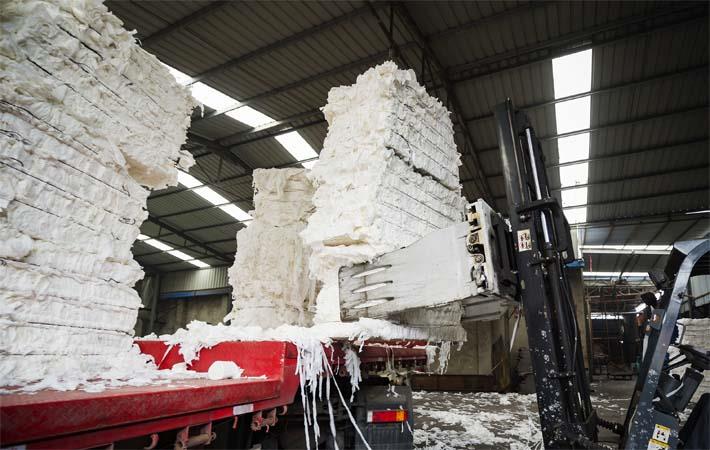Nova-Institute is organising an International Conference on Cellulose Fibres – Technologies, Applications and Sustainability in Textiles, in Cologne. The event during February 11–12, 2020, will attract technology providers and developers, academia and industry, pulp, fibre and equipment suppliers, retailers and textile brands, policy makers and investors.
The organisers expect 200-300 participants, mainly from industry, at the conference which is the first such event. The conference will specifically focus on recent technology and market trends, future market dynamics, challenges to develop the value chains and the market demand, parties interested in the sector, ecosystems and partnerships required to drive innovation according to market needs, political environment, and plastic bans, microplastic avoidance, bio-based vs fossil feedstocks, and sustainability.Nova-Institute is organising an International Conference on Cellulose Fibres - Technologies, Applications and Sustainability in Textiles, in Cologne. The event during February 11–12, 2020, will attract technology providers and developers, academia and industry, pulp, fibre and equipment suppliers, retailers and textile brands, policy makers and investors. #
Cellulose fibres are a success story within the textiles market with a cumulated annual growth rate (CAGR) of at least 10 per cent over the last ten years. This makes them the fastest growing fibre group in the textile industry and also the largest investment sector in the bio-based economy worldwide. The high growth rates are driven by the demand for natural fibres (and bottlenecks in cotton), the microplastic problem and possible bans for plastic fibres. All three drivers will continue to play a significant role in the future development of the sector.
The conference organised by nova-Institute will cover the entire value chain of cellulose fibres from lignocellulosic feedstock, dissolving pulp, cellulose fibres – such as rayon, viscose, modal or lyocell and new developments – to a wide range of applications, woven textiles (clothing) and non-wovens (wipes and technical applications), as well as micro- and nanocellulose for food, cosmetics and pharmaceuticals. These sectors have gained significant momentum in recent years. Many new developments are likely with the purpose of identifying and developing new technologies and business opportunities for a sustainable bio-based and circular economy.
Michael Carus, CEO of nova-Institute and initiator of the conference, said: “With regard to the importance of cellulose fibres, it is more than surprising that there is no established conference with this focus yet in Europe. We are now closing this gap: For the first time, we will invite and gather all developers, producers and players in the value chain of modern cellulose fibres. We expect great international interest in this new conference. We are confident that this conference will be one of the best networking opportunities for this sector.” (SV)
ALCHEMPro News Desk – India
